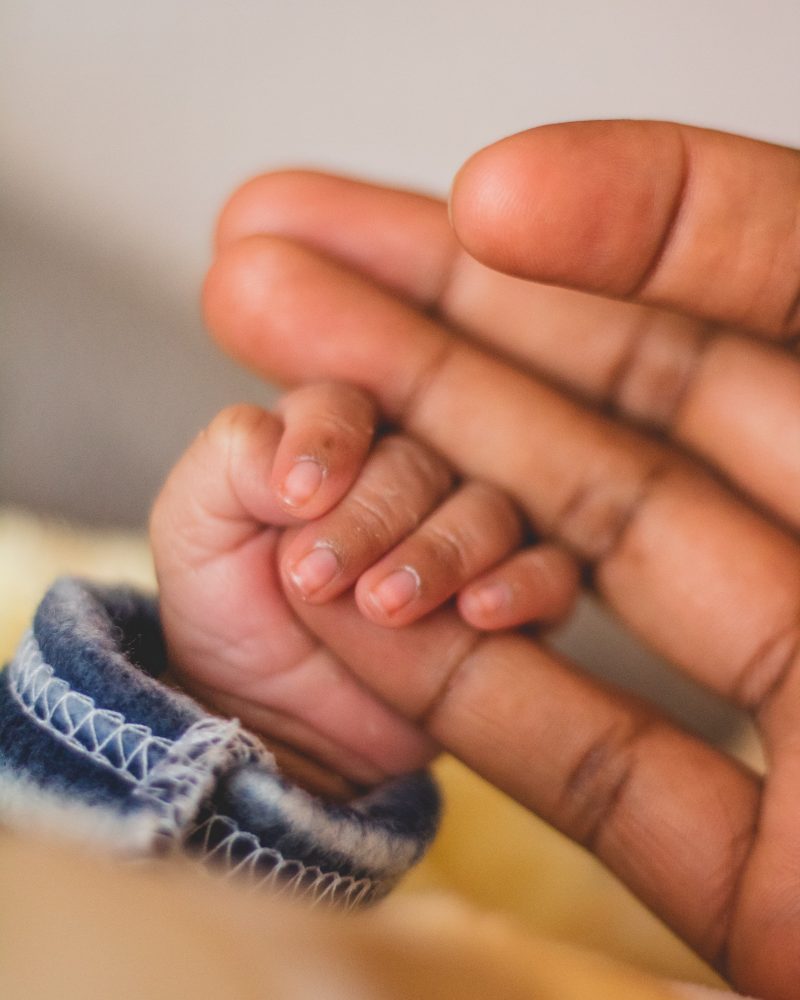 Clarissa Giebel offers a brief overview of the situation around care home visitation during the pandemic and highlights the importance of early guidance, which was available in countries like the Netherlands but not the UK.
Clarissa Giebel offers a brief overview of the situation around care home visitation during the pandemic and highlights the importance of early guidance, which was available in countries like the Netherlands but not the UK.
Over two years since the WHO declared COVID-19 a pandemic, it’s also been equally long since care home residents and family carers have lived through various levels of uncertainty, emotional distress, and rules and regulation changes.
To investigate how the restrictions have affected people in the UK, we interviewed 42 family carers of residents with dementia and care home staff in October and November 2020. We wanted to hear about their experiences of working in a care home during the pandemic, families’ experiences of seeing their loved ones, and how people with dementia were faring. Due to the severe ongoing care home restrictions and often closures to the outside world, we were unable to speak to residents themselves, so used information provided by staff and families instead.
Care staff were treading a very fine balance in terms of providing adequate care versus managing infection control. There was absolutely no guidance in place for care homes as to how care should be delivered during the pandemic. This was also an emotionally charged time for staff too, with lack of certainty as to how care should be delivered when general guidance said to maintain physical distance from others.
Family carers were unable to see their relatives face-to-face and hold their hand. Instead, pod visits, window visits, and remote Facetime calls. This was extremely confusing and upsetting for residents, as they were mostly unable to understand why these measures were in place. Moreover, not every family carer was able to see their relative this way, as each care home implemented their own rules. In very few cases, some staff were allowing face-to-face visits with relatives as they noticed the severe mental and physical deterioration of the resident. But again, there was no guidance, and overall, families were kept away.
With the first round of vaccination rolled out and increased testing in place, we spoke to a subsample of family carers and staff again in March 2021. What was very noticeable was the increased anger that family carers felt. They were all vaccinated, yet still not allowed to see their loved ones at care homes. Instead, COVID-19 was still spreading in care homes and some care staff were unvaccinated. Moreover, the sudden announcements by the government of first one, then two, essential visitors being allowed in care homes were impossible to implement at many care homes at short notice, leaving family carers even angrier at the situation. Since then, care homes have opened up more. However, there are still very mixed reports from unpaid carers in general about what is happening, so it seems like an ongoing issue to some extent.
A glimmer of hope has been noted in the Netherlands, where guidance for safe visits was implemented as early as May 2020. Comparing our UK visitation data with similar data from the Netherlands indeed proves that the guidance available in the latter case has been instrumental and greatly beneficial in enabling contact with loved ones living in care homes. While guidelines were helpful in the Netherlands in enabling visits relatively early on in the pandemic, family members in both countries expressed how they respected and understood the general public health measures (such as wearing PPE). While family carers mostly respected the guidelines, some also expressed how difficult it was to adhere to them in both countries. They missed the personal touch and struggled keeping a physical distance when on a face-to-face visit. It seemed unnatural to keep a distance from their relative whom they had not seen for a long time. Others also mentioned the difficulties of wearing masks on visits and the difficulties in engaging with their relative in this way, as the person with dementia could not see facial features and also often struggled to recognising the family member.
These severe emotional impacts on everyone involved – families, residents, and care staff – will likely have long-term consequences on mental health and well-being. We have since been awarded pilot funding to explore these unmet mental health needs of both unpaid and paid dementia carers. Everyone’s mental health and well-being has been affected to some extent during this pandemic, but it seems like we need to place a much greater focus on those providing care – whether paid or unpaid – hopefully enabling better care and support in the long-term.
___________________
About the Author
 Clarissa Giebel is Senior Research Fellow at the University of Liverpool and the National Institute of Health Research Applied Research Collaboration North West Coast. She is leading research into inequities in dementia care for people living in the community and in care homes, both nationally and internationally.
Clarissa Giebel is Senior Research Fellow at the University of Liverpool and the National Institute of Health Research Applied Research Collaboration North West Coast. She is leading research into inequities in dementia care for people living in the community and in care homes, both nationally and internationally.







